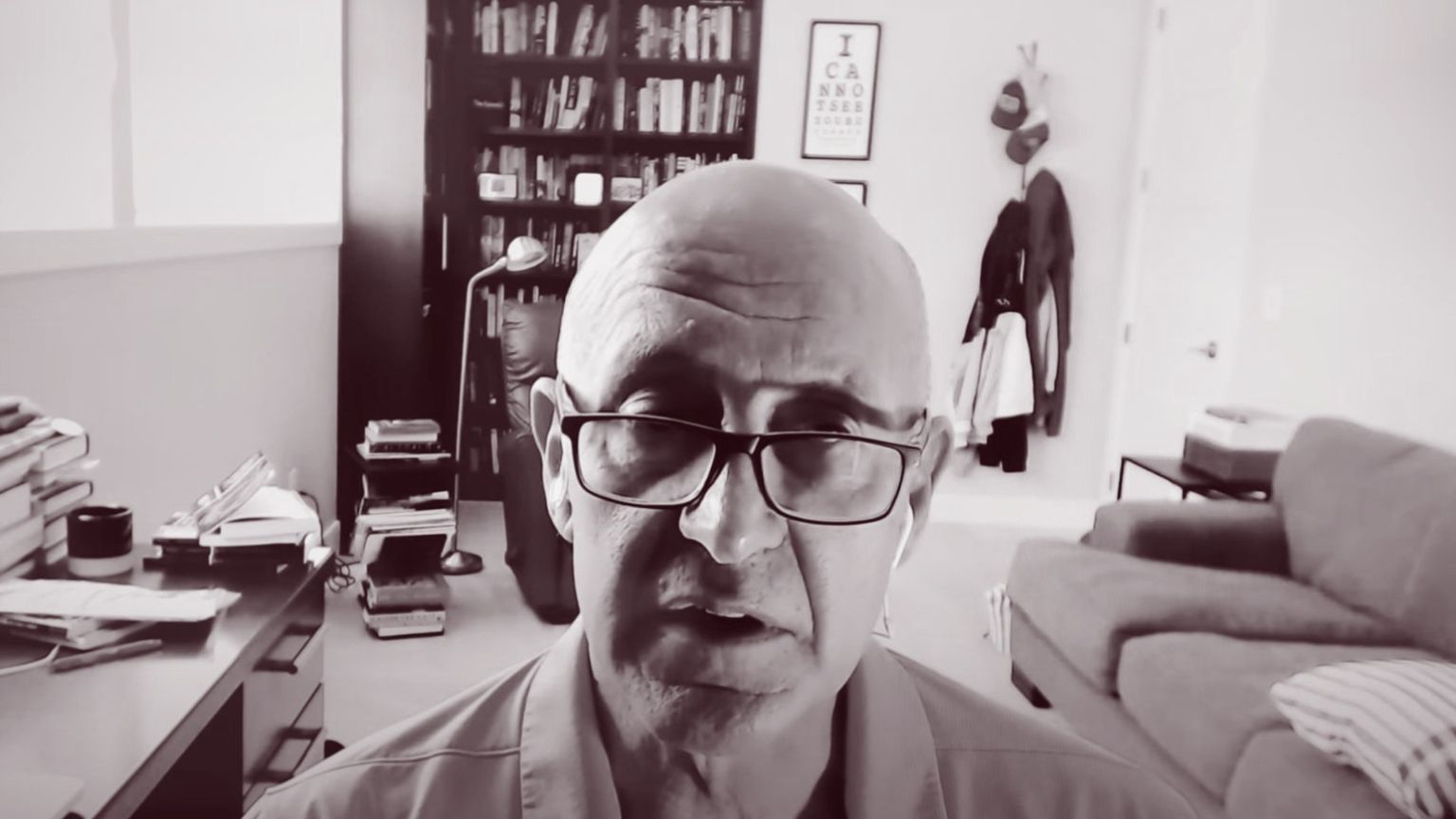Reports this week expose Mayo Clinic as “doubling down” on speech restrictions it previously chose to impose affecting Dr. Michael Joyner.
The information comes from an internal memo sent to Mayo Clinic College of Medical Science, which is interpreted as sticking to a policy of preventing this medical organization’s members from speaking freely.
Previously, Joyner, a professor, was punished for his public statements related to his research, concerning public health, including topics such as Covid, and transgenderism and, in general, making comments that were construed as being against some government policies, that is, something that was well within his right to do.
But Mayo Clinic took the stance that what was more important, and takes precedence was for Joyner to toe the line – i.e., stick to “prescribed messaging” and rather than focus on his medical expertise, worry more ardently about the clinic’s chosen “brand” and (ideological?) standing it derives from that.
The Joyner incident came to light in early June, and after Foundation For Individual Rights and Expression (FIRE) urged the health facility to withdraw the decision. Mayo Clinic’s Chief Communication Officer Halena Gazelka a while later the same month penned the memo, recommending to those in charge to effectively ignore the criticism.
One of the key points of the controversy is that the college has made a “promise” to its teachers and students of the right to free speech – which clearly wasn’t exercised when Joyner got suspended, and had a gag-order placed on him.
In the memo, Gazelka fairly brazenly advises college leadership to keep saying that Mayo Clinic continues to be “fully committed to academic freedom and expression.”
Joyner, who is still banned from talking to reporters without the college’s permission, might be surprised to learn this.
Furthermore, in the same vein of “tweaking reality,” the memo wants the college to push the narrative that Joyner’s punishment did not come as a result of his statements about transgender athletes, but because of his criticism (“unprofessional comments”) regarding the National Institute of Health’s (NIH) regulation of convalescent plasma.
There’s also a whiff of character assassination here, as the memo recommends framing the whole thing as sour grapes on Joyner’s part:
“Dr. Joyner’s comments about the NIH did not reflect the expression of a scientific or academic opinion but instead were an expression of his personal frustration with the NIH’s regulation of a therapy he had championed,” wrote Gazelka.






















